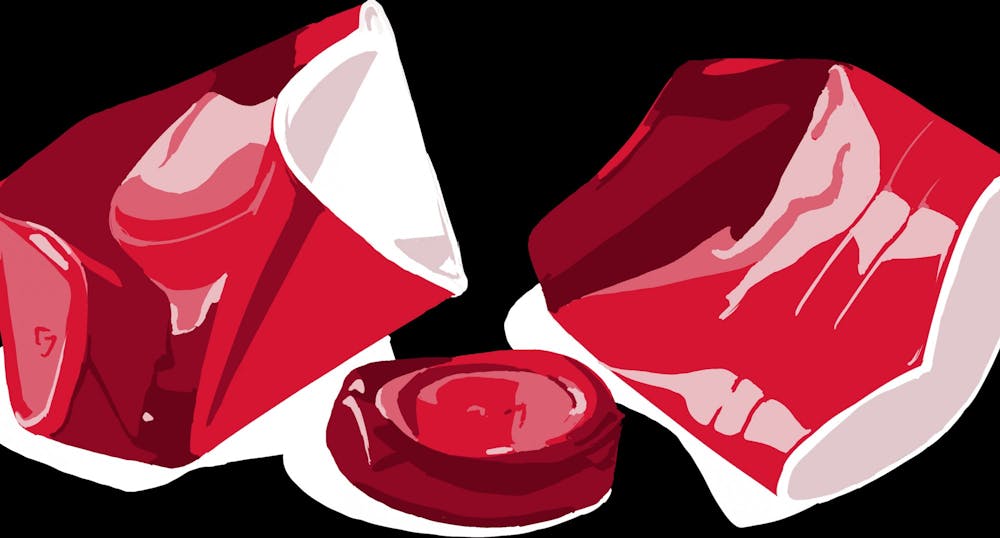ASU was long known as one of the top party schools in the U.S., and even though the University has undertaken a general pivot toward business and "innovation" under the leadership of President Michael Crow, it's still safe to say we know how to party better than many our age.
Despite those facts, ASU decided to invite students back to campus during a pandemic. This was an unwise decision to say the least, but the University has also decided to suspend students for violating social distancing guidelines.
I wrote a column earlier this year pleading the case against partying. Even then, I said no amount of scolding or chiding would actually stop college-aged students from attending parties and meeting friends.
In addition to the official sanctions against large gatherings, the University has implemented an irritating daily health check regimen online and significantly modified classrooms to support an ASU Sync system to allow for hybrid in-person and remote learning.
Despite these measures, ASU still reported a cumulative 1,413 positive COVID-19 tests among faculty and students since Aug. 1.
Instead of blaming individual students for spreading the virus at parties and social gatherings, we should blame ASU for helping create the conditions needed for these parties and gatherings in the first place.
Dylan Brooks is a senior studying business and computer information systems. An out-of-state student from Colorado, Brooks said he was doubtful of ASU's decision to reopen.
"I personally was always a little bit more pessimistic, especially as the summer began and progressed. It didn't look like in-person classes would be possible or prudent in any way," Brooks said.
Brooks also said the ASU Sync system has not met his expectations.
"It does feel a little bit dishonest that ASU Sync was initially marketed as 'in person, along with Zoom,'" Brooks said. "In all my classes, it's ended up just being a complete flop with the numbers of students attending in-person dropping pretty much every single class period."
Referring specifically to the daily health check, Brooks said ASU's preventative measures are likely a means to protect the University from accusations that it's spreading COVID-19.
"Speaking of the health check, I think it's pretty much worthless," Brooks said. "It seems much more for the appearance of the University. It's another thing to list off that they're doing (it) in order to prevent COVID from from spreading."
Brooks said the blame for COVID-19's spread at parties doesn't fall squarely on the shoulders of students.
"It's very difficult to say whether you know it's really on students for throwing these honestly reckless parties, or whether they're just simply acting how college students are going to act in these kind of situations," Brooks said. "Of course, if you're bringing ASU college students back to ASU, this is how they're going to act."
If ASU really wants to stop the spread of COVID-19 among the students and faculty, then the administration should cancel in-person classes and provide full refunds for in-person housing, meals and tuition. Blaming students is a way to deflect the University's responsibility for the cases in our community.
Reach the columnist at smisceni@asu.edu or follow @IMiscenich on Twitter.
Editor’s note: The opinions presented in this column are the author’s and do not imply any endorsement from The State Press or its editors.
Want to join the conversation? Send an email to opiniondesk.statepress@gmail.com. Keep letters under 500 words and be sure to include your university affiliation. Anonymity will not be granted.
Like The State Press on Facebook and follow @statepress on Twitter.




